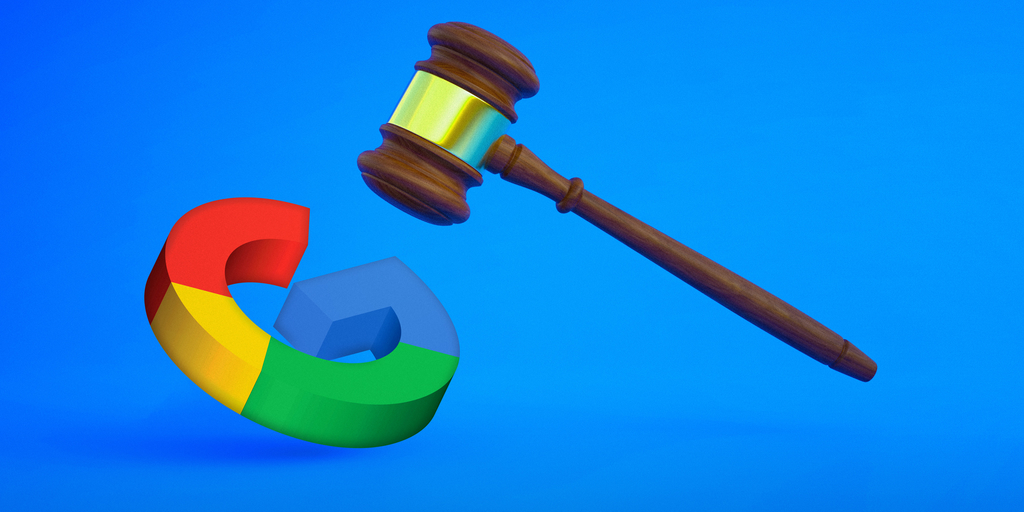Already a subscriber? Make sure to log into your account before viewing this content. You can access your account by hitting the “login” button on the top right corner. Still unable to see the content after signing in? Make sure your card on file is up-to-date.
In a major blow to Google’s dominance in digital advertising, a federal judge ruled that the tech giant illegally monopolized key parts of the online ad tech market, potentially paving the way for a forced divestiture of its advertising business.
Some shit you should know before you read: If you’re unaware, back in 2023, the Department of Justice, joined by a shitload of states, filed a landmark antitrust lawsuit against Google, alleging that the company had unlawfully maintained monopolies in multiple sectors of the online advertising technology market. Prosecutors said Google built its dominance by buying up competitors and bundling its own ad tools in ways that boxed out rivals and made it harder for others to compete. They also alleged Google rigged the ad auction system in its favor by forcing publishers to rely on its server and using its search dominance to steer advertisers into its own exchange, thereby hurting rival platforms and inflating ad prices. In response, Google has pushed back, saying the digital ad space is competitive and it faces challenges from giants like Amazon, Meta, and Comcast. The company also claimed that its product integrations were designed to improve performance, not eliminate competition, and pointed to legal precedent protecting a firm’s right to build interoperable products.

What’s going on now: In a notable development, Judge Leonie Brinkema of the US District Court for the Eastern District of Virginia ruled that Google illegally monopolized two critical sectors of the online advertising market: publisher ad servers and ad exchanges. In her 115-page decision, Judge Brinkema stated, “Plaintiffs have proven that Google has willfully engaged in a series of anticompetitive acts to acquire and maintain monopoly power in the publisher ad server and ad exchange markets for open-web display advertising.” She added, “For over a decade, Google has tied its publisher ad server and ad exchange together through contractual policies and technological integration,” which allowed the company to wreck competitors.
Judge Brinkema also shined a light on how Google’s control enabled it to “degrade” services for publishers and “charge supracompetitive prices” without fear of losing business due to its market dominance. The ruling ultimately validated the DOJ’s claims that Google’s behavior harmed not only its competitors but also its publisher clients and the broader internet ecosystem.
Despite all of this, the judge did not find Google had a monopoly in the advertiser tools market and dismissed that portion of the case. Even with that loss, the ruling now opens the door for the DOJ to push for significant remedies—potentially including the forced divestiture of Google Ad Manager.
In response to the ruling, Google claimed a partial victory and announced its intention to appeal. Lee-Anne Mulholland, Google’s vice president of regulatory affairs, said in a statement, “We won half of this case and we will appeal the other half. Publishers have many options and they choose Google because our ad tech tools are simple, affordable and effective.”






